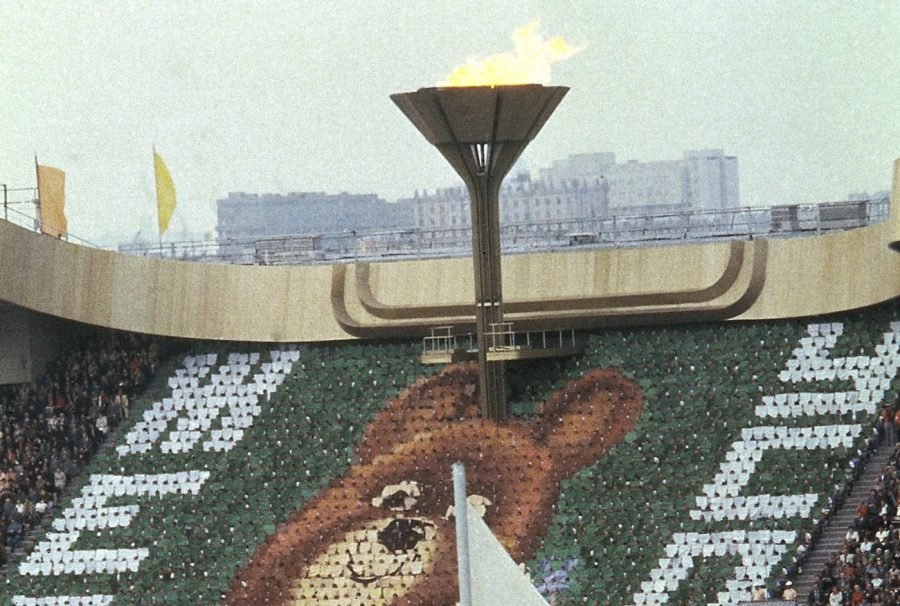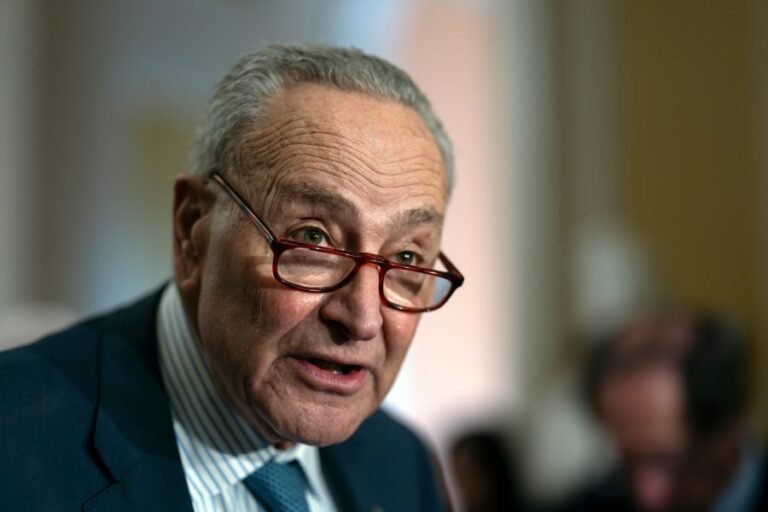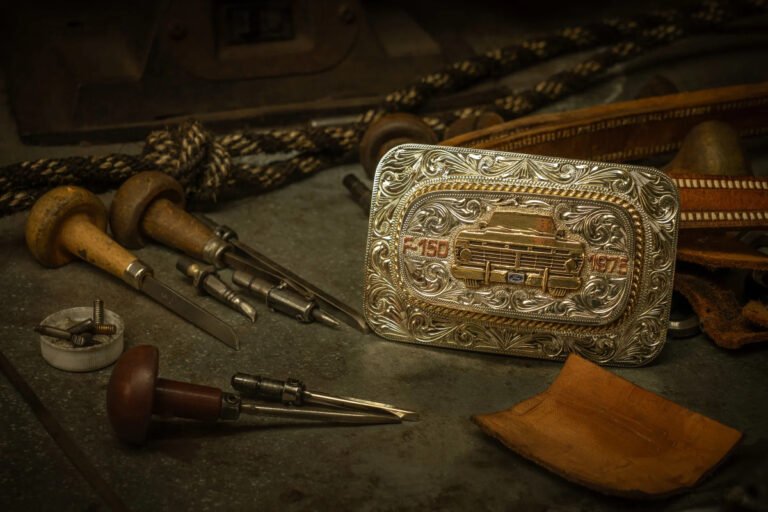
President Trump recently suggested that Russia is a “paper tiger,” a term used by Mao Zedong with reference to the U.S. and the capitalist world.
Vladimir Putin’s spokesman Dmitry Peskov immediately and predictably took umbrage: “Russia is by no means a tiger,” he said. “Russia is traditionally seen as a bear. There is no such thing as paper bears. Russia is a real bear … There is nothing paper about it.”
Peskov’s defensive remarks deserve a closer look.
He is absolutely right to say that his master’s Russia is no tiger, if by tiger we mean a vigorous, strong, and feral beast. Thanks to Putin’s manifold mistakes and stupidities, today’s Russia is especially tired and weak — savage only inasmuch as it routinely terrifies the world with its attempts to pretend it is still vigorous and strong.
Peskov is also right to say that “Russia is traditionally seen as a bear.” What Putin’s mouthpiece left unmentioned is that the origins of the bear analogy go back to the sixteenth century and were developed by Western European travelers to what was then Muscovy.
As two Russian scholars point out, the classic works by Sigmund Herberstein and Adam Olearius from the 16th and 17th century, respectively, “formed a number of persistent stereotypes in the West that have survived to this day.” English travelers to Muscovy in those days called it a “rude and barbarous kingdom.”
Since the West first compared Russia to a bear, it’s the West’s prerogative to append any number of modifiers to the term — including “paper.” After all, in the past, the bear was represented as “ferocious and vicious, or friendly and manageable.” Why shouldn’t it be seen as tired and weak today? Russians are entitled to object, but the West surely has proprietary rights over the stereotype it has invented and used for centuries.
Despite what Peskov says, there is such a thing as paper bears. All the more so, as Trump correctly pointed out, Russia is losing a war that a bearlike country would have won three years ago. If Russia were truly a real bear, as Peskov insists, then it is definitely not a grizzly or a Kodiak, but more akin to a teddy bear or Misha — Russia’s mascot in the 1980 Moscow Olympics.
“There is nothing paper about” Russia, Peskov insists, but the reality, visible to all, is the exact opposite. It bears stating just what Putin has managed to do to Russia during his reign. He started a war that he can’t win, and which has resulted in well over a million dead and wounded. His seizure of Ukrainian territory has pretty much come to a standstill. Russia has lost a quarter of its refining capacity to Ukrainian drone attacks. Its economy is tanking and Russia may even be headed for a sovereign default.
Inside Russia, criminality has sharply increased. So have inflation and popular discontent. NATO, Putin’s bogeyman, has expanded to include Sweden and Finland, whereas Russia has become a vassal of China and North Korea. Ukraine is likely to join the European Union in the near future and thereby be lost to Russia forever.
This list of Putin’s achievements could easily be extended, but even this short enumeration brings home the fact that Putin has transformed Russia into a paper bear in a mere three years. Worse, that paper bear is torn badly, perhaps mortally wounded.
A few more years of Putin’s rule, and the Russian bear may become a dead duck.
Alexander J. Motyl is a professor of political science at Rutgers University-Newark. A specialist on Ukraine, Russia and the USSR, and on nationalism, revolutions, empires and theory, he is the author of 10 books of nonfiction, as well as “Imperial Ends: The Decay, Collapse, and Revival of Empires” and “Why Empires Reemerge: Imperial Collapse and Imperial Revival in Comparative Perspective.”






